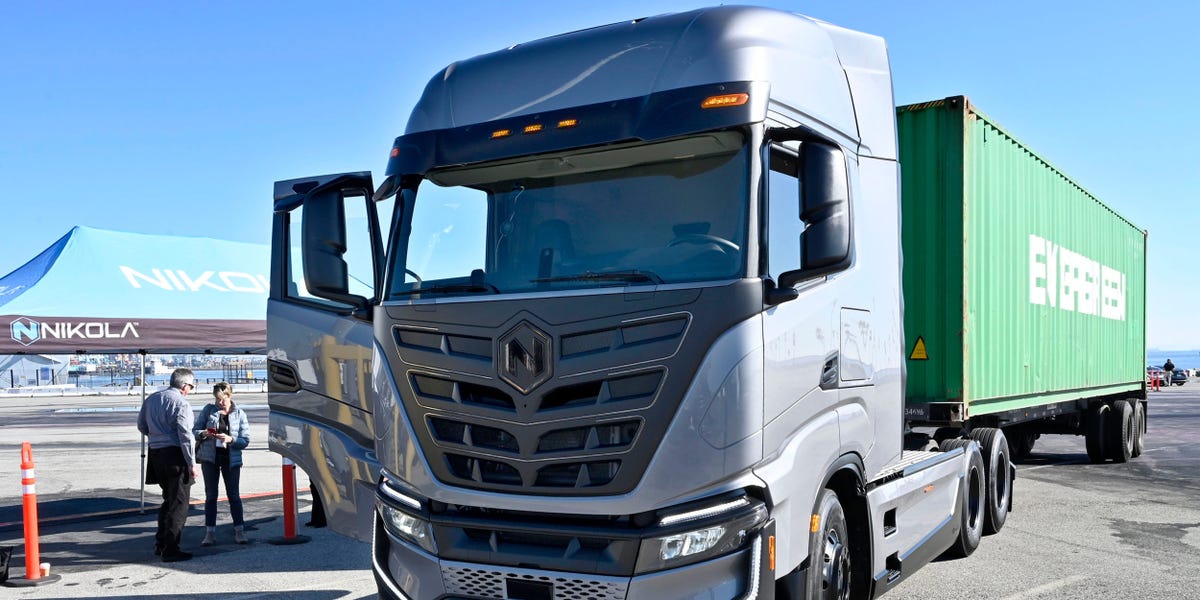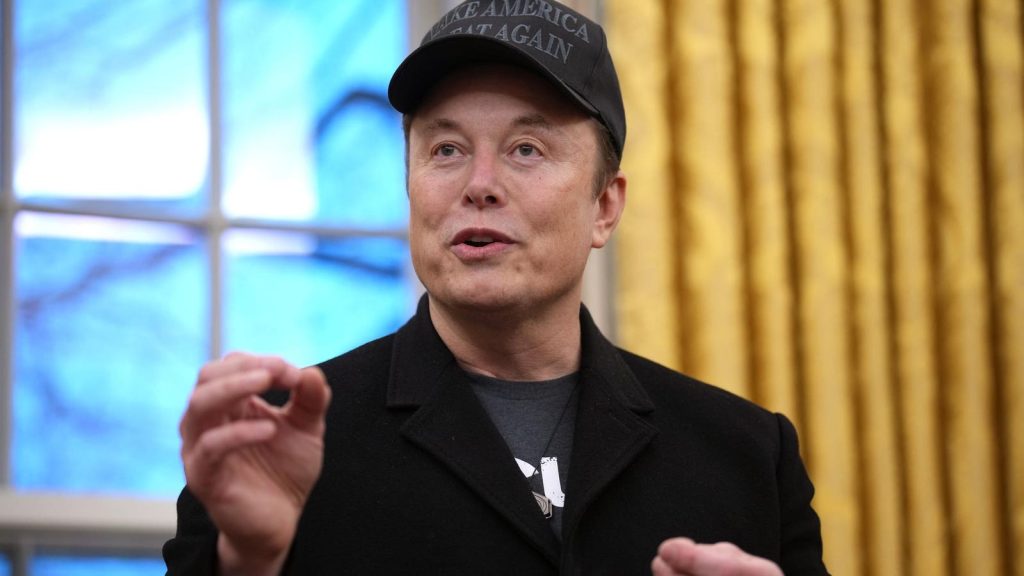Nikola, an electric-truck startup, was once valued higher than Ford but has now filed for bankruptcy. The company faced a notorious fraud scandal and ultimately ran out of funds. Nikola is the latest in a series of once-promising EV startups that have collapsed.
In a recent development, Nikola, known for its electric and hydrogen trucks, announced on Wednesday that it had sought Chapter 11 bankruptcy protection and plans to liquidate its assets due to a severe cash shortage. Launched to great fanfare in 2020, Nikola’s market valuation soared to over $30 billion—surpassing Ford’s at that time.
The startup made headlines with a significant partnership with General Motors but soon found itself in turmoil following accusations against its founder, Trevor Milton, who was alleged to have misled investors about the company’s business practices and technologies. In 2020, Hindenburg Research, a short-selling firm, publicized a detailed 15,000-word report accusing Nikola of being “an intricate fraud built on dozens of lies.” The report claimed fraudulent practices, including that a promotional video demonstrating a Nikola truck’s capabilities was actually filmed by allowing the vehicle to roll down a hill.
As a consequence of these allegations, Milton resigned and subsequently received a four-year prison sentence. Additionally, the Securities and Exchange Commission imposed a $125 million fine on Nikola in 2021. Despite these setbacks, Nikola attempted a comeback, securing a deal last year to sell 100 trucks to a logistics firm in California and reporting in January that its revamped battery-electric trucks had logged 1 million miles. However, in 2023, the company had to recall its entire fleet after experiencing several battery fires, ultimately failing to bring its technology to market.
Nikola reported over $200 million in losses in the third quarter of 2024, and by October, the company indicated it had barely enough cash to sustain operations into the first quarter of 2025. According to industry analyst Sam Fiorani from AutoForecast Solutions, “The EV transition has been slower than anticipated by all manufacturers, particularly in the commercial vehicle segment, which presents unique challenges.” Fiorani elaborated that heavy-duty trucks require specific capabilities like rapid refueling and extended ranges, making market entry particularly difficult.
As the demand for electric vehicles slowed recently, Nikola became one of several electric-vehicle startups that have run out of capital. For example, Fisker, which once had a market valuation of roughly $8 billion, filed for bankruptcy last June due to delays in production and software issues affecting its Ocean SUV. Similarly, Canoo, known for electric vans, faced bankruptcy last month despite high-profile partnerships with organizations like NASA, Walmart, and the U.S. Postal Service.
Fiorani commented that a decade ago, numerous investors were eager to find the next Tesla, leading venture capitalists to invest in numerous EV startups with the hope of future profits. However, the recent rise in interest rates has curtailed access to easy financing: “Keeping these companies funded requires more than mere optimism about long-term profitability,” he stated. Their collapses illustrate the immense challenges and costs associated with establishing a viable electric vehicle business from the ground up, as companies expend significant resources to establish production capabilities. Only Tesla has managed to achieve profitability in this sector, a feat Musk attributes to surviving numerous financial crises, which he referred to as “production hell.” Tesla currently has a scale advantage, accounting for nearly half of EV sales in the U.S. last year.
The difficulty also extends to established automakers attempting to break into the EV market. Last year, Ford reported a $5 billion loss in its EV segment and warned investors that it might incur similar losses this year. Several other startups remain in what has been labeled the “EV valley of death.” For instance, Rivian, which went public in 2021 with an $86 billion valuation, lost about $39,000 for each vehicle it sold last quarter. As it depletes its cash reserves, Rivian has sought financial support from Volkswagen and the federal government.
Meanwhile, Lucid Motors has seen its losses escalate to nearly $1 billion in the third quarter, continually relying on financial injections from its largest shareholder, Saudi Arabia’s Public Investment Fund. Fiorani emphasized, “The challenges of turning a profit and establishing a successful business, whether in the EV space or the automotive industry in general, are evident. Since World War II, only Tesla has achieved profitability among vehicle startups in North America.”


